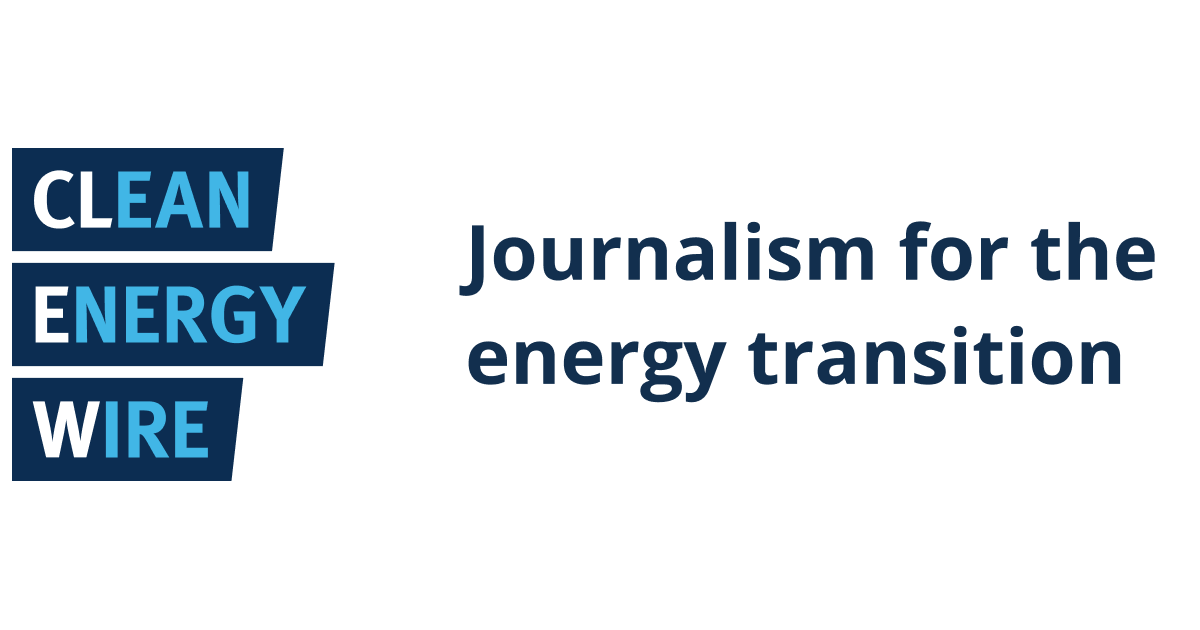Green Methanol as the Key to Decarbonising International Shipping
Key Ideas
- Researchers from the German Aerospace Centre found that switching to green methanol could reduce CO2 emissions in international shipping by 96%.
- Unlike hydrogen or ammonia, methanol is considered the most suitable synthetic fuel due to ease of handling, safety, and availability of technology.
- Challenges include the need for larger tanks, limited availability, and high costs, with up to 5.7 million tonnes of green methanol required annually in Germany.
- Greenpeace advocates for binding quotas on alternative fuel use in shipping and a CO2 price that incentivizes the shift to green methanol.
Researchers from the Institute of Maritime Energy Systems at the German Aerospace Centre (DLR) have identified green methanol as a promising solution to decarbonise international shipping. The report commissioned by Greenpeace highlighted that switching to green methanol could lead to a significant reduction of CO2 emissions by 96% throughout the ships' life cycle. Methanol was preferred over hydrogen or ammonia due to its ease of handling, safety, and existing technology that can be easily implemented in ship engines. However, challenges such as the need for larger storage tanks, limited availability, and high costs were also outlined in the report, emphasizing the requirement for up to 5.7 million tonnes of green methanol annually in Germany alone. The International Maritime Organisation (IMO) is set to discuss measures for achieving climate-neutral shipping by 2050 in an upcoming meeting in London. Greenpeace called for binding quotas on alternative fuels usage and a CO2 pricing mechanism to accelerate the adoption of green methanol and other sustainable fuels in the shipping sector.
